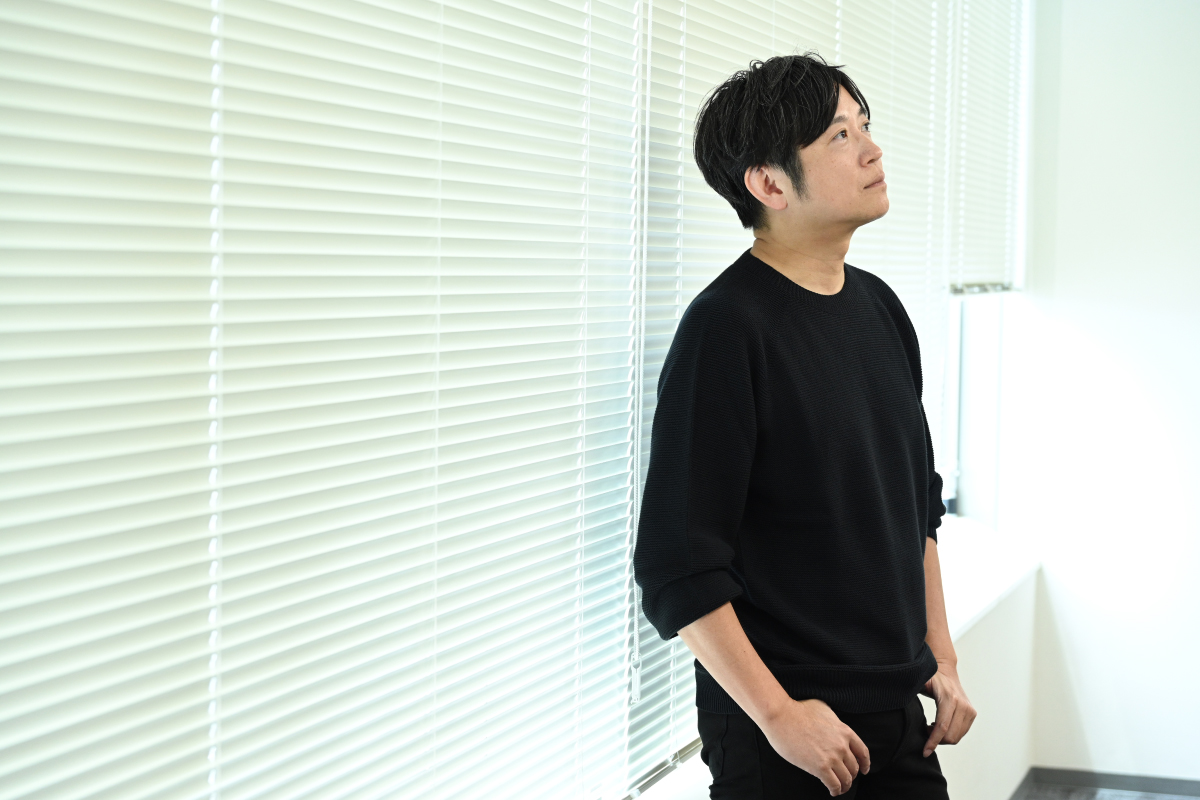
Hiroshi Yoshimura has created and directed several big games like God Eater, Code Vein, and more.
However, there’s a development mindset that he has stuck to since he was a junior developer, despite releasing a number of new titles.
Let’s look into Yoshimura-san’s journey as a developer from when he first joined Namco (now Bandai Namco Studios), the toughest experiences he’s had when developing games, how Code Vein came to be, and his plans for the future!
The Catalyst for Going into the Games Industry
―Thank you for your time. Let’s start with your career history. You’re a professional game developer now, but why did you want to work in the games industry in the first place?
Yoshimura: I liked drawing and making things ever since I was small.
But I chose to study science, something completely different, in university. But when it came time for me to start job hunting, I couldn’t let go of the fact that I liked doing these things, so I chose the games industry as it was rapidly growing at the time and it allowed me to make things as a day job.
I also liked games and I always wanted to see if I could perform in a job where I liked doing the work, so I applied to Namco and was hired as a planner (now game designer).
―Why did you choose a planner position out of all the roles needed in game development?
Yoshimura: I thought about applying to the artist track too, but I didn’t have any specialized art skills at the time, so I chose to be a planner because it didn’t require any prior knowledge.
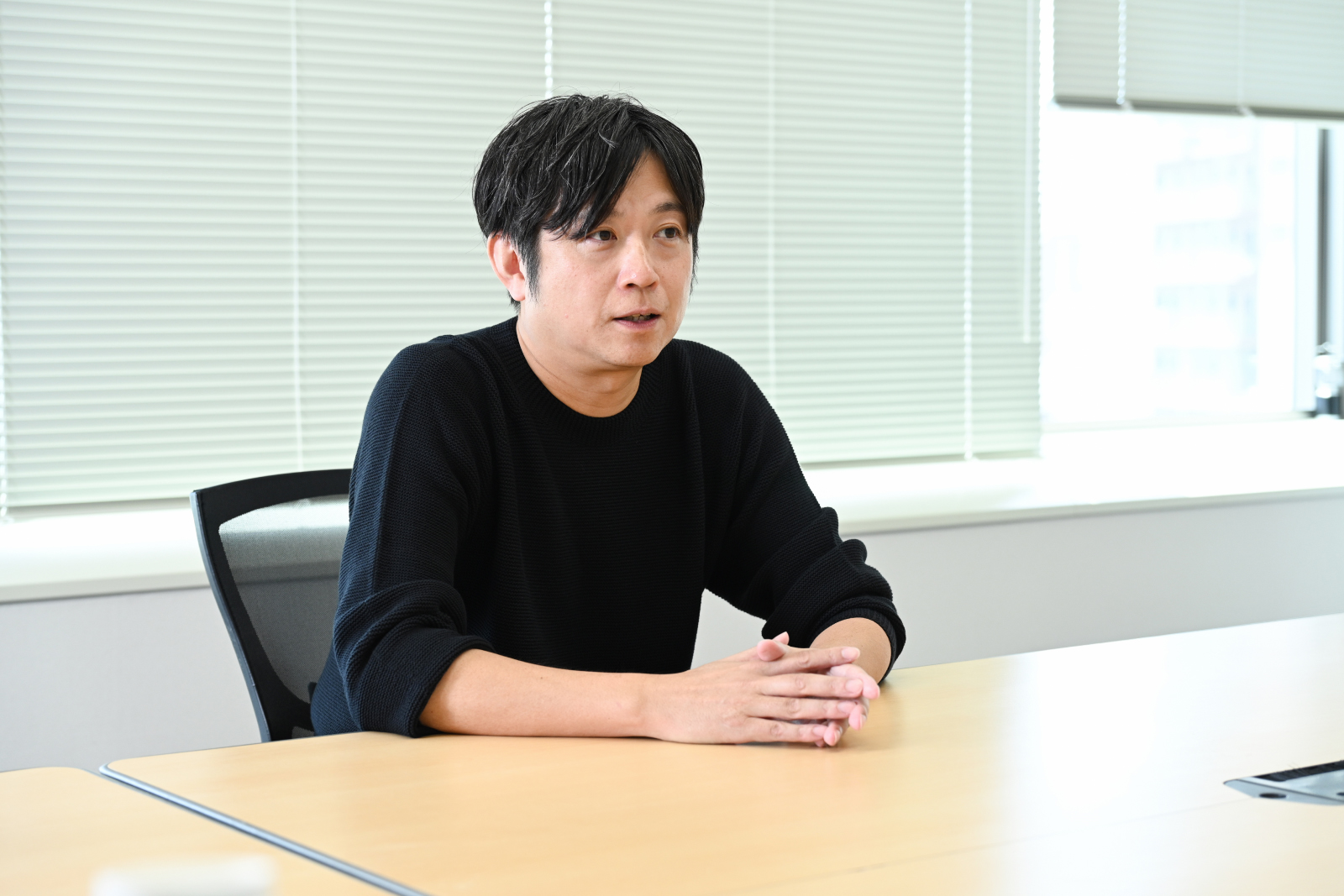
The Reason You’re Still Working at Bandai Namco Studios
―So you’ve worked at Bandai Namco Studios since you graduated university, that’s pretty long!
Yoshimura: Luckily, I’ve had a lot of support from the people I work with, and they’ve allowed me to keep making the games that I’ve created.
I inconvenienced a ton of people, and it was tough at times, but they were all unique experiences not everyone gets the opportunity to have.
There were people at the company who wanted to help me bring my ideas to life. There’s a part of me that feels the need to return the favor to these people who are trying to make the company a better place.
Feeling Inadequate During Initial Days at Namco
―So you’re motivated by your deep gratitude towards those around you. Let’s go back in time to when you first joined the company. What project were you assigned to?
Yoshimura: The first project I worked on was Tales of Legendia.
When the project first started, we were exploring ways to make the game, and I was suddenly made the lead battle designer.
I would spend tons of time researching other titles, putting my own spin on them. I clearly remember how I tried tirelessly to understand what I didn’t understand.
―How do you think about your past self?
Yoshimura: I’d say inadequate. While I believe our role as developers is to work towards what makes players happy, I could only focus on solving the issues at hand back then.
Of course, the product as a whole was made with players in mind, but there were things I could’ve done better looking when looking back at my own output.
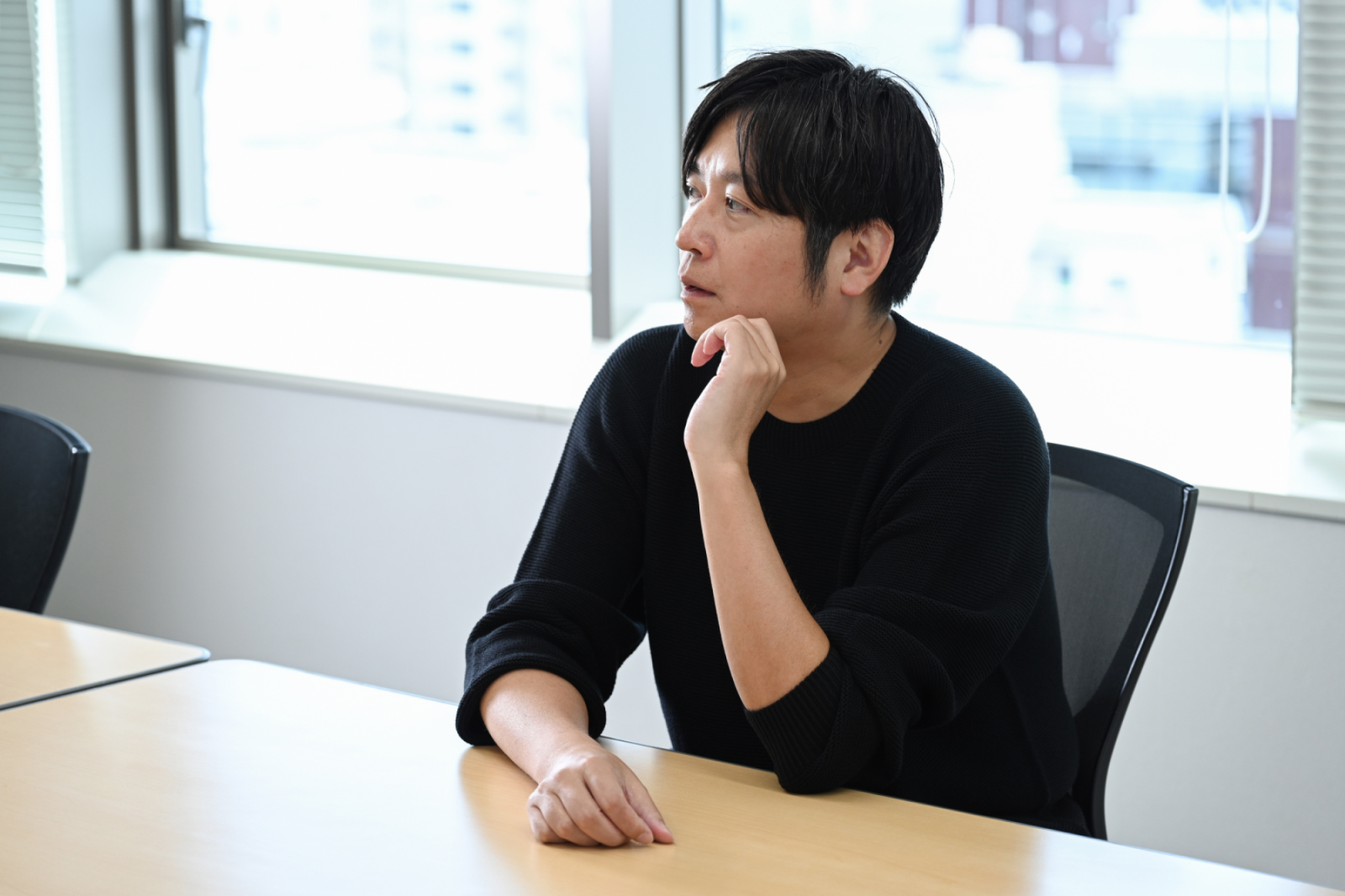
― Did your lessons from Tales of Legendia affect your attitude towards game development?
Yoshimura: It did, we started working on God Eater afterwards, but there was something we decided on from the beginning.
That we would continuously look at things from the players’ perspective and that we would try our best to not make compromises to simplify development.
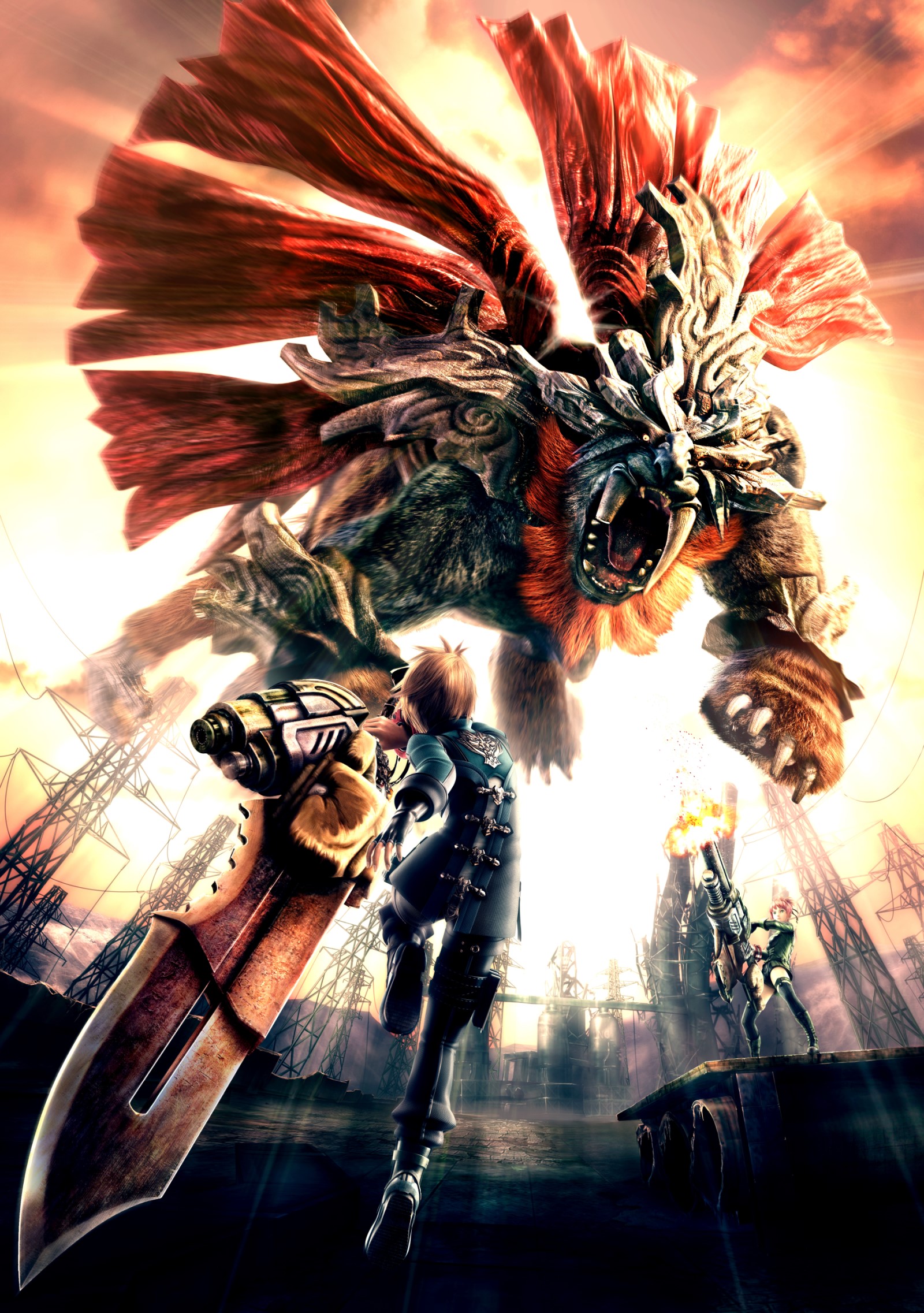
We stuck to our method of listening to our players, something that was uncommon at the time. This is standard practice nowadays, but for example, we would release a demo version and see player reaction to it, then update and refine the game until launch.
I believe that our experience working on Tales of Legendia guided us to adopt this attitude towards game development.
The Massive Response to God Eater’s Announcement and the Accompanying Anxiety
―In the player feedback for God Eater, was there anything that you still remember?
Yoshimura: Multiplayer games on portable consoles were becoming more popular at the time the project was starting, so we thought about making a game where everyone can come together and play co-op or against each other. When we showed our target audience (elementary-to-middle school students) the in-progress version of our game, it didn’t resonate with them at all. They were already hooked onto other multiplayer games that were already released.
So we kept focus on what they were looking for in these games while we did all we could to differentiate ourselves from other titles.
―Do you have any specific examples about how you tried to make the game stand out?
Yoshimura: I think the biggest factors were the story and characters. Maybe also the part where we made the action combat exhilaratingly super high-speed.
―You made God Eater by incorporating feedback from gamers, but what was the response to it after release?
Yoshimura: It felt like more people than I initially thought were interested in the game when we announced it. The game’s feel and world matched what they were looking for. I remember the audience reaction being very positive.
―That must be exciting for any developer!
Yoshimura: You would think so, wouldn’t you (laughs)?
The anxiety was crushing, actually. We weren’t sure if we could deliver the growing expectations that had been put onto us.
The game’s announcement made the development team even more tense.
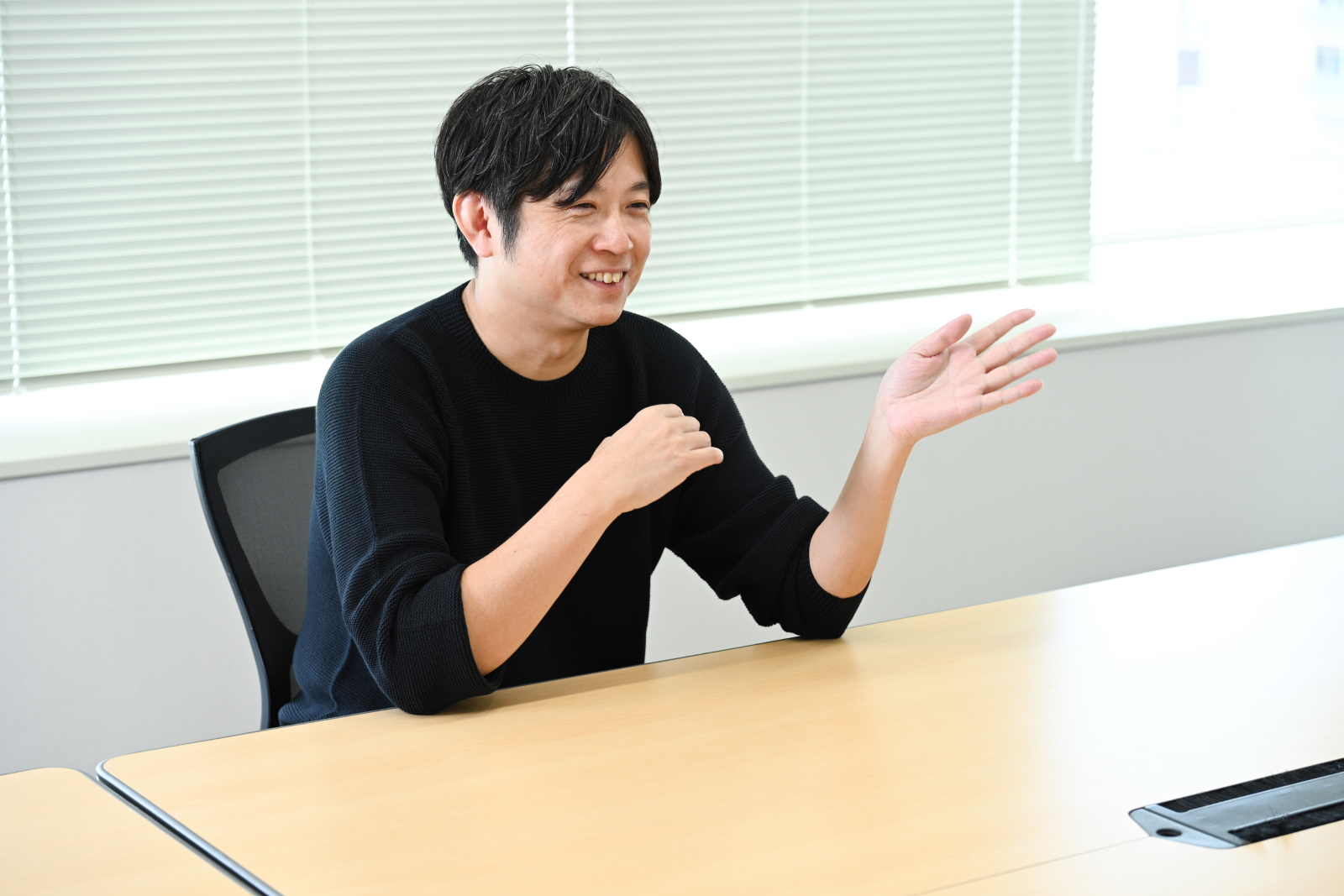
The Development of God Eater 2, His Toughest Experience as a Game Developer
―God Eater gained popularity afterwards and ended up getting sequels! Were there any difficulties throughout the series’ history?
Yoshimura: I remember the development of God Eater 2 being especially difficult.
The world had grown to know the series through God Eater and God Eater Burst, so market expectations had become even higher by the time we decided to make the sequel (God Eater 2).
When you try to meet expectations, you have to look at the reputation the work has built up over the years. It’s surprisingly hard to do this from a subjective perspective since you tend to focus on all the deficiencies of the project since you spend so much time on it.
We couldn’t fully leverage the good parts of the God Eater series, and we had to pause development on the sequel because we were lost in what to do.
Times were very challenging back then; it painfully reminded me of how powerless I was.
―I didn’t know about that… How did the project course-correct from there?
We made an effort to comprehensively understand, in writing, what we had made up to this point.
Why a particular game idea existed, and what the purpose was when you combine a bunch of these ideas… We wrote them all down on sticky notes and made clear the relationships between them.
Those were some of the tougher times in my game developer career. Really, I’m not joking (laughs).
But we were able to release God Eater 2 because we took the time to regroup. I like to think that we were able to deliver a story- and character-based experience, hallmarks of the God Eater experience, that players could enjoy to their fullest.
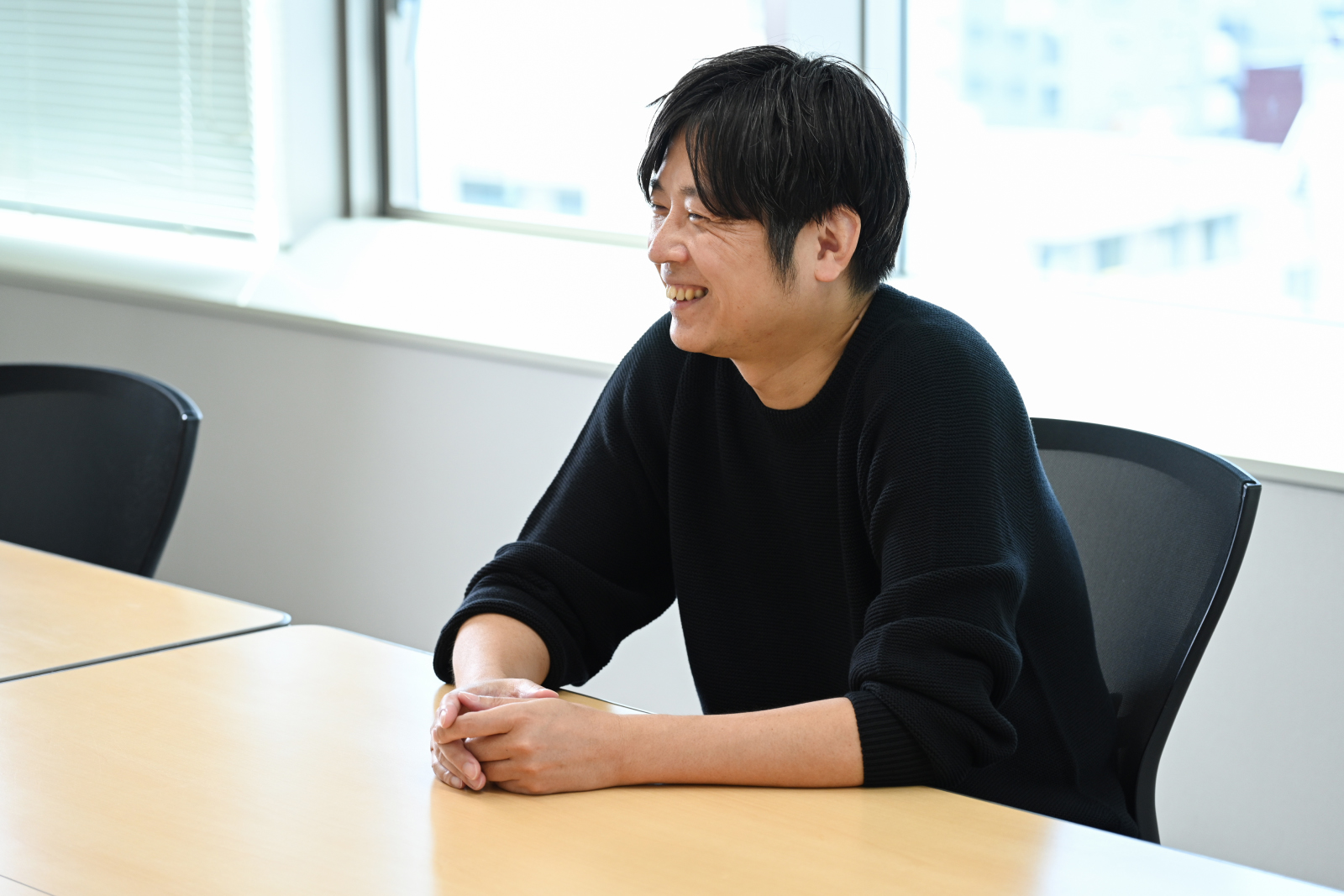
The God Eater Development Team Reunites! How Code Vein Came to Be.
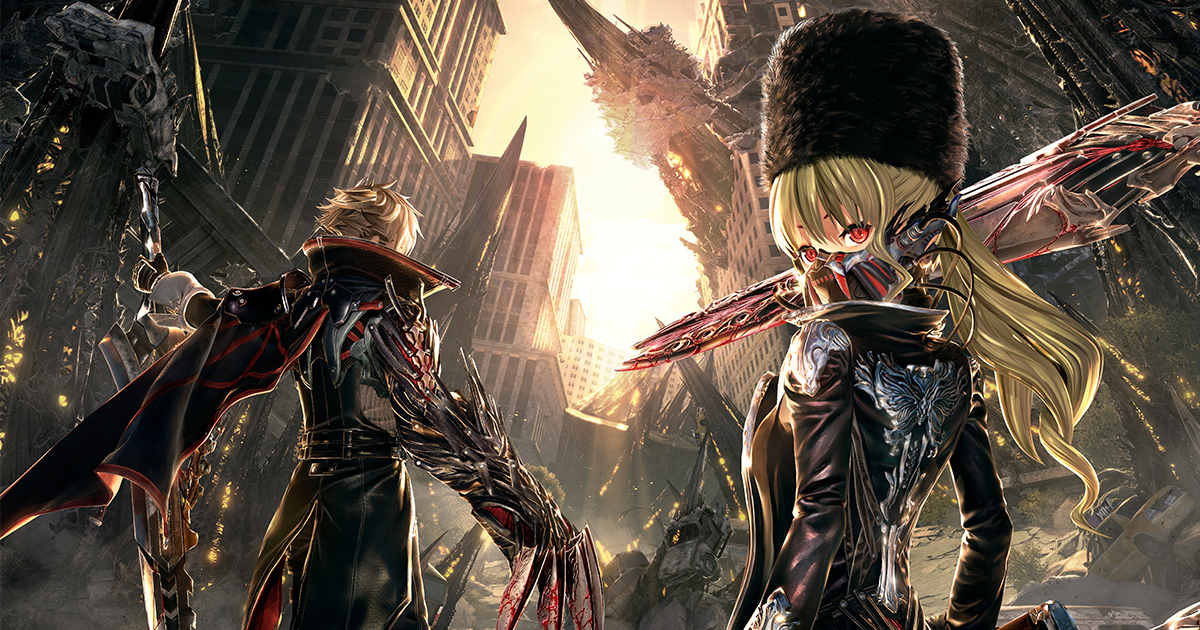
―You were in charge of Code Vein from the beginning of the project to its release. The God Eater development team reunited to make this game, but how did it come to be?
Yoshimura: The market outside Japan had become massive at the time, so we were highly motivated to develop something that could reach this market.
I felt the other God Eater development team members also wanted to try making something new and gain more developer experience, so Code Vein started as a challenge project for us.
―Did your development style of listening to players carry over to Code Vein as well?
Yoshimura: It did. We had events where players played a demo of the game, and developers could directly elicit feedback.
The growing market also meant that in addition to face-to-face feedback, we could also see the reactions of people on social media.
The Greatest Reward: Excitement and Exhilaration from Developing a Game
―Thank you for sharing your experiences. Game developer/creator is a popular career choice nowadays. What do you think is the most appealing part of being a game developer?
Yoshimura: There aren’t many jobs where something you imagined or created can reach the hands of several million people. It’s something unique to games.
It’s also not just your ideas, but the ideas of everyone on the team gets put into one package, and that gets sent all over the world.
I think there isn’t anything you can trade that excitement for.
But game development during the project is fun as well. Although hardships come with making something in a group, everyone on the team was highly skilled and they were able to deliver something that was beyond my expectations. Those are the moments I live for as a game developer.
I think the exhilaration of working with talented people to create something beyond our own expectations, something the world has never seen, is only possible with a job in game development.
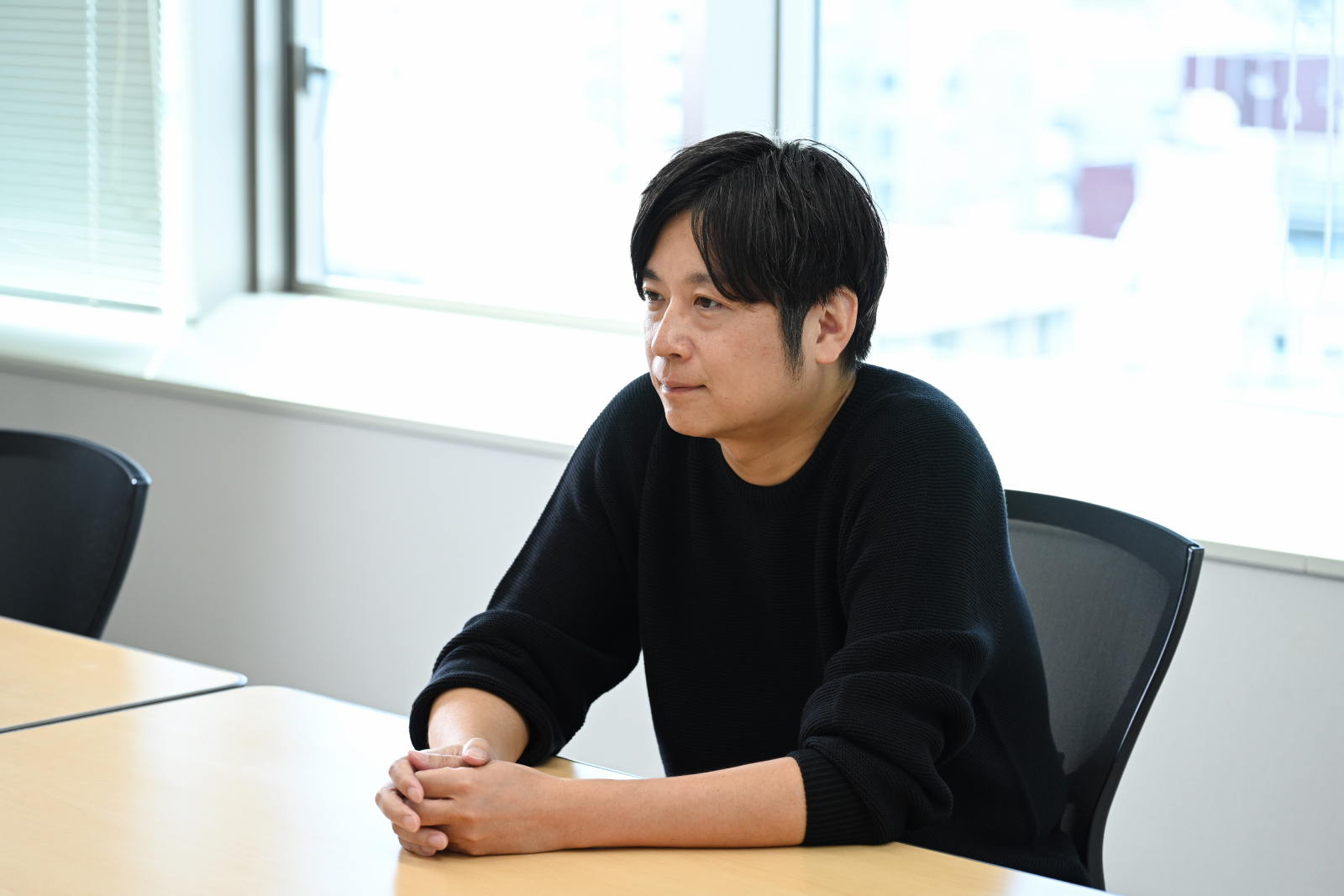
Past, Present, and Future: Making Games Together
―Can you tell us more about the talented people you work with?
Yoshimura: I was grateful they were willing to work with me (laughs). They approached what I was making with a genuine and responsible attitude, producing results that greatly exceeded my imagination.
Game development has grown in both scale and time, so developers now have to deal with things on a less comprehensive level. But as long as we keep the same attitude, we can make a good game.
I think being able to imagine how your work will ultimately reach players is a big part of staying genuine.
―A mindset to always cherish! To end, tell us a motto you have when it comes to game development.
Yoshimura: I’ll continue to give everything I have and improve on myself. By constantly aiming towards new heights, even in small increments, I want to keep making games with other developers as well as our players.
If I had to turn it into a motto, it’d be something like “endeavor to grow”.
―Thank you very much for your valuable time!
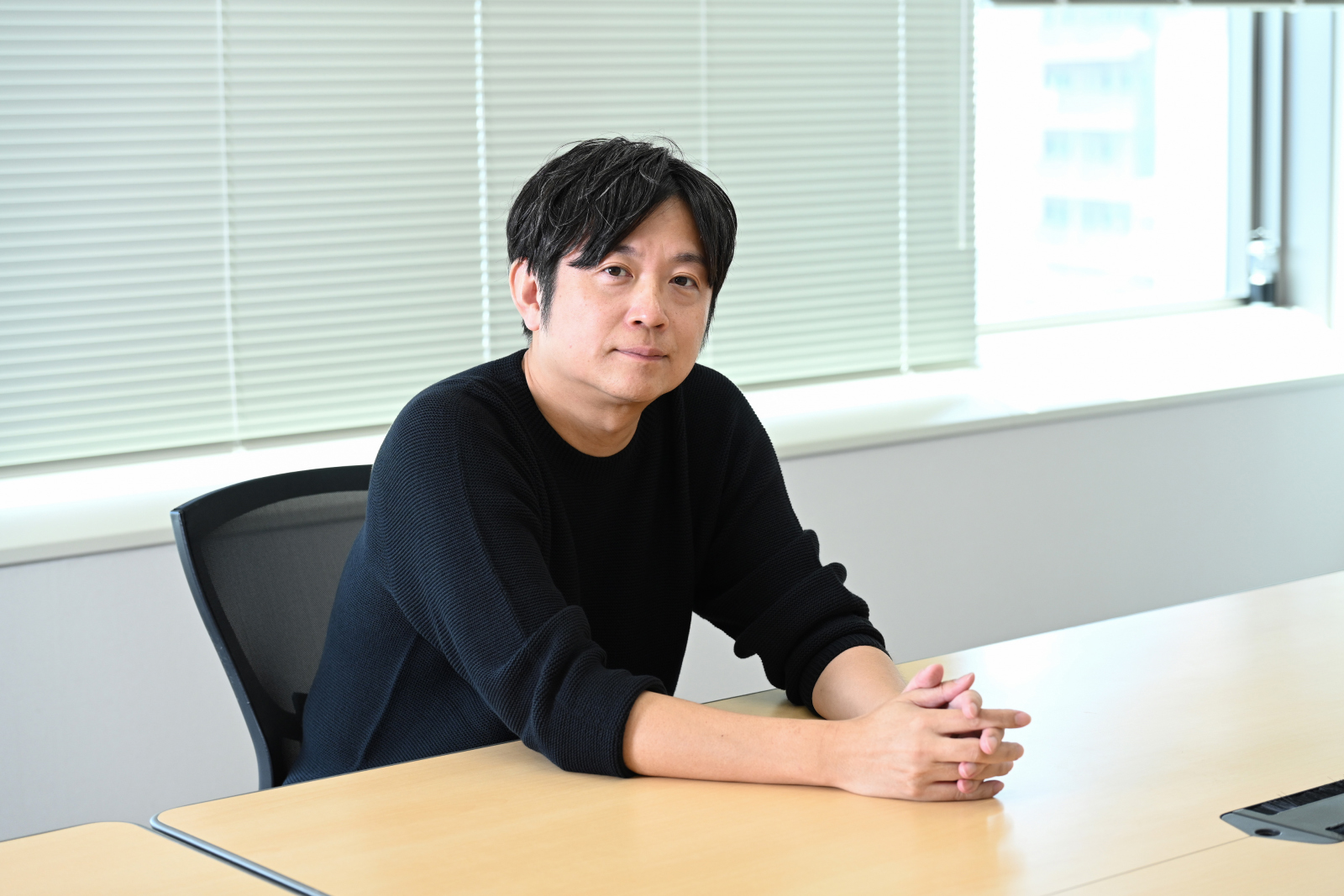
GOD EATER™Series & ©Bandai Namco Entertainment Inc. CODE VEIN™& ©Bandai Namco Entertainment Inc.





